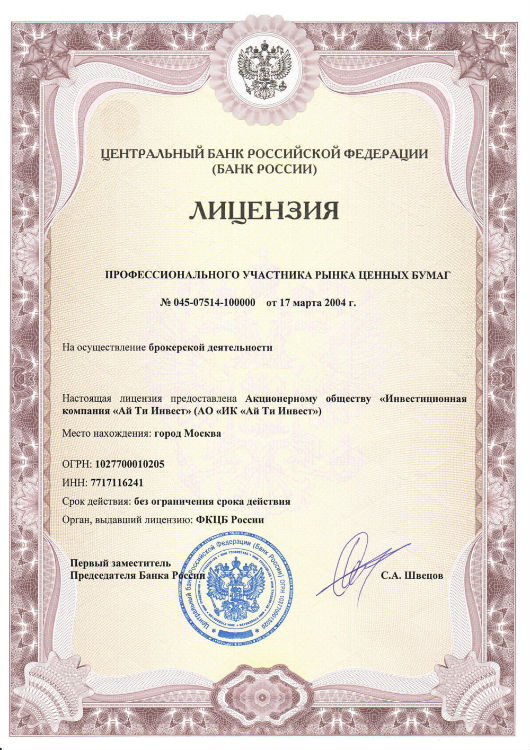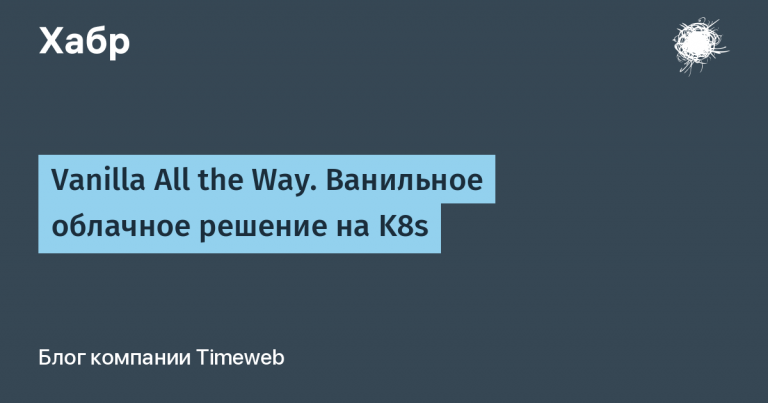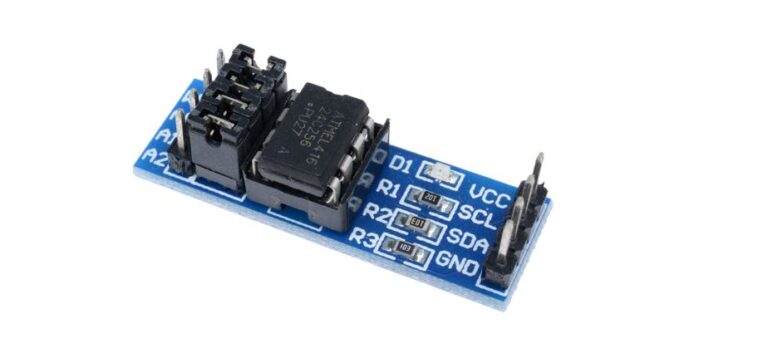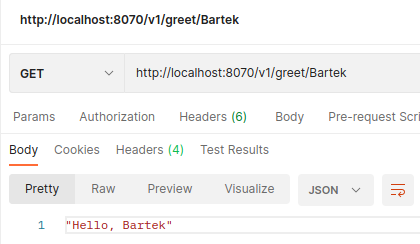Analysis: how money is protected on the exchange, why brokers are needed, and what you need to know when choosing them

Picture: Unsplash
In our blog on Habré we often write about technologies that are used in the financial sector, and also talk about stocks of various companies and investment approaches. Despite this, many people are still wary of the possibility of investing on the stock exchange, see everything as “unreliable forex”, etc.
Today we’ll talk about how investor money is protected on the stock exchange, why brokers are needed, and how to choose such a company.
How investor money is protected
Let’s start with the most important question – how are the money of stock investors protected? It is clear that there is always a chance of loss in trading if the market situation fails, but is this the only chance to be left without money?
For bank deposits, there is a deposit insurance system, its analogue does not yet exist on the exchange (although there is occasional talk that it needs to be created).
In any case, money and stocks of clients of brokerage companies are protected by a number of laws and regulations. For example, no broker has the right to close debts at the expense of client assets. So, in case of financial difficulties, the broker can not pay your money to anyone.
In addition, shares bought on the exchange cannot be lost: they are not held by a broker, but in a special organization, the National Settlement Depository (NSD).
Securities are your property under any circumstances. Transferring them somewhere without your knowledge is impossible. The de facto depository is a state “bank” in which money and securities of participants in the stock and foreign exchange markets are stored. Thus, if something happens to your broker, you just need to negotiate with another broker and transfer the assets to it.
All activities of Russian brokers are regulated by Russian legislation, namely the Civil Code of the Russian Federation, the Law on the Securities Market and other regulatory legal acts of the Central Bank of Russia.
Why brokers are needed
According to the current rules, a private person just can’t take and start trading on the exchange – for this you need a license. Such licenses are obtained by legal entities – brokers. They, on behalf of clients, submit applications for transactions with various exchange assets.
That is, to trade on the exchange, you must open a special brokerage account – do it can online. Then, you can submit orders for transactions by phone, in a web office or through a trading terminal.
In fact, a broker is a professional market participant who has been licensed and fulfills the requirements of the exchange. Brokers not only execute orders of their clients, but also monitor the status of open positions, calculate the security for transactions – all in order to minimize risks for the client.
How to choose a reliable broker
In general, as in any other industry, different clients have their own requirements for broker services. Requests of novice investors objectively differ from the requirements of experienced high-frequency traders. We’ll talk about how to choose a broker if you are just getting acquainted with the exchange.
The first thing you need to pay attention to is the license of a professional market participant. Licenses (their maybe a lot) are usually posted on the broker’s website, and they should look something like this:

If a piece of paper is posted on the broker’s website that was issued not by Russian regulatory authorities, to some foreign organization, you do not need to give money to such a broker. This is a clear sign of “kitchen” and that the company does not comply with the requirements of Russian laws.
Before communicating with a specific broker, it is also worth examining information about its reliability. There are a great many ratings of brokers, and the leaders in them may differ, but if the company is consistently in the top, it is worth taking a closer look.
After the initial screening, you can begin to communicate with brokers. A novice investor should immediately find out what options a broker can provide for protecting capital during trading. For example, in ITI Capital, you can how to practice working with a trading terminal on virtual money test account, and use low-risk investment tools (structural products, model portfolios etc.)
It is worth clarifying about the availability of the opportunity to communicate with a personal consultant. At first, you will have many questions, and it is better to be able to quickly receive answers to them.
The next step is to accurately understand the cost of brokerage services. Be sure to make sure that there are no hidden fees, to understand how the subscription fee is calculated, whether you need to pay separately for software for transactions. Tariffs should be published on the website in a convenient form (for example, here ITICapital tariffs)
The options may be different – for example, some brokers include the exchange commission in the transaction price, and other companies charge separately. Also, when buying shares and bonds for a long period, you need to consider the commission of the depository, where the assets will be stored. Here, options are also possible – the commission may be fixed, or it may amount to some percentage of the value of securities. If you plan to make transactions using borrowed funds (the so-called “leverage trading”), it is also worthwhile to find out what loans can be obtained, under what conditions, etc.
Next, you need to figure out how to withdraw money from a brokerage account to a personal account with a bank. Some companies have withdrawal fees.
What happens if a broker goes bankrupt
As you can see, in general, the criteria for choosing a reliable broker are similar to those used in any other field: licenses, ratings, cost of services, convenience and quality of service. But still, here we are talking about real money, so it is important to understand what will happen to them if the broker does not go very well.
By law, if a brokerage company loses its license and goes bankrupt, this should not affect customers. For example, you cannot close debts at the expense of investor assets. In addition, shares purchased on the exchange cannot be lost; they are stored in the National Settlement Depository (NSD). It is impossible to transfer them somewhere without the knowledge of the client.
NSD itself is the central depository of the Russian Federation and provides services for both securities and other Russian and foreign equity securities. That is, the de facto national settlement depository is a state “bank” in which money and securities of participants in the stock and foreign exchange markets are stored.
Thus, if something happens to your broker, you just need to negotiate with another broker and transfer the assets to it.
Read reviews, market analytics and investment ideas in Telegram channel ITI Capital





